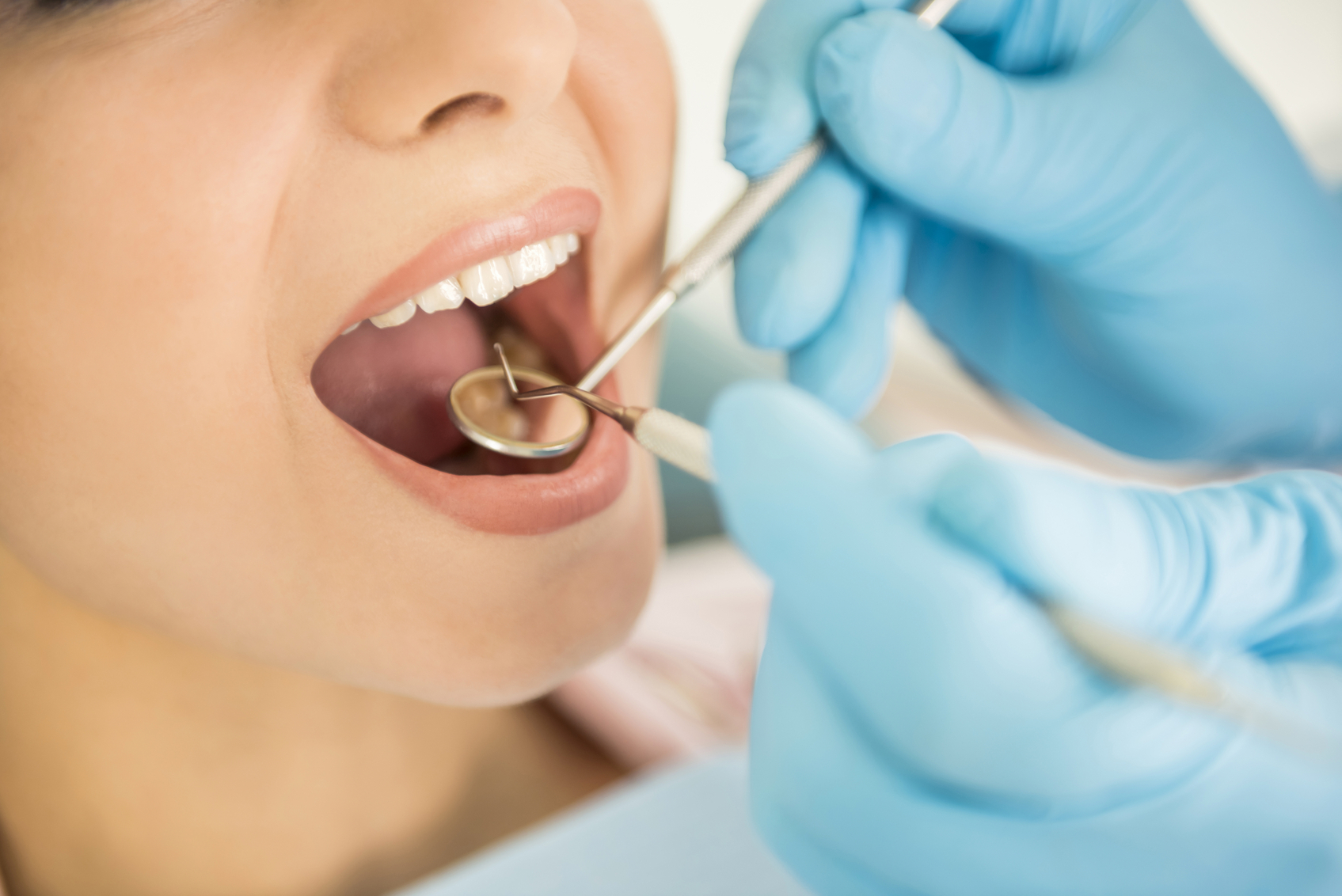Usual Inquiries Regarding Oral Veneers Addressed
Dental veneers have actually ended up being a progressively sought-after choice for those looking to improve their smiles, yet many people stay unclear regarding numerous aspects of their use. As we discover these common questions, it comes to be vital to consider not only the advantages but likewise the effects of opting for dental veneers in search of a more positive look.
What Are Dental Veneers?
Oral veneers are slim, custom-made shells crafted from porcelain or composite material that are made to cover the front surface of teeth. These oral prosthetics offer both practical and visual purposes, offering an option for numerous dental flaws, including discoloration, chips, spaces, and imbalance. By sticking to the teeth, veneers can dramatically boost the overall appearance of a smile, creating a much more uniform and appealing look.
Porcelain veneers are especially preferred for their natural translucency and discolor resistance, making them an ideal option for people looking for durable results. In contrast, composite material veneers are usually cheaper and can be applied in a solitary browse through, but they may not use the exact same sturdiness as porcelain options.
The choice to select dental veneers commonly originates from a need for visual improvement, but individuals need to additionally consider elements such as the durability of the product, upkeep needs, and the prospective requirement for tooth reduction (Porcelain Veneers Washington DC). Ultimately, dental veneers stand for a reliable and functional option for accomplishing a radiant smile, accommodating individual cosmetic demands while advertising self-confidence and self-confidence
How Are Veneers Applied?
The application process for veneers calls for mindful preparation and precision to guarantee optimal outcomes. The treatment normally begins with an extensive assessment, where the dental professional evaluates the patient's oral health and wellness, talks about desired end results, and figures out the proper sort of veneers, whether porcelain or composite material.
Once the therapy strategy is established, the dental expert prepares the teeth by eliminating a thin layer of enamel, generally concerning 0.5 mm to 1 mm, to fit the veneer. This action is vital as it guarantees a proper fit and stops the veneers from appearing cumbersome - Dental Veneers. After preparation, impacts of the teeth are taken to develop custom-made veneers that match the person's special dental framework and aesthetic choices
While the permanent veneers are being produced in a dental research laboratory, short-term veneers might be positioned to protect the prepared teeth. When the permanent veneers are ready, the dental expert will meticulously bond them to the teeth using a strong dental adhesive.
What Are the Perks?

Moreover, veneers are recognized for their toughness and resistance to discoloring contrasted to natural teeth. Made from top notch products such as porcelain or composite resin, they can maintain their appearance for several years with correct treatment. This longevity makes them a useful financial investment in one's oral look.
Along with aesthetic renovations, veneers can additionally add to improved oral health and wellness. By covering harmed or damaged teeth, they can provide additional assistance and security, helping to protect against additional degeneration or damage. This protective element can reduce the need for much more substantial oral treatments in the future.

For How Long Do They Last?
With appropriate care and upkeep, oral veneers can last anywhere from 10 to 15 years, making them a lasting option for enhancing one's smile. The long life of veneers mainly depends on the product used, the quality of the preliminary positioning, and the patient's adherence to oral health techniques.
Porcelain veneers are known for their resilience and resistance to discoloration, usually lasting closer to the 15-year mark when cared for suitably. Composite veneers, while a lot more budget-friendly, may need replacement faster, typically within 5 to ten years as a result of their sensitivity to wear and discoloration.

In addition, wearing a mouthguard during sporting activities or nighttime can provide additional defense. Ultimately, while veneers provide a significant visual improvement, their durability is considerably affected by the commitment to appropriate oral treatment and regular assessments with an oral specialist.
Exist Any Type Of Risks?
Considering the transformative effects of oral veneers, it is very important to acknowledge the possible risks connected with their application. While veneers can improve the appearance of teeth, the procedure involves the removal of a thin layer of enamel, which can boost tooth level of sensitivity and susceptability to degeneration.
One substantial threat is the opportunity see of inappropriate positioning or suitable, leading to discomfort, bite misalignment, and even damage to the underlying tooth structure. In addition, if the veneers are not preserved effectively, they can become blemished or chipped with time, demanding substitute.
Clients may also experience allergies to the products made use of in the veneers, specifically if they have level of sensitivities to certain dental compounds. Moreover, while veneers are long lasting, see they are not unbreakable; excessive pressure from clinching or grinding can lead to cracks.
It is important for clients to speak with a qualified oral specialist to evaluate their specific risks and to adhere to aftercare directions faithfully. By understanding these risks, patients can make informed choices regarding their dental veneer therapy and ensure the longevity and success of their enhancements.
Conclusion
In summary, oral veneers stand for a useful cosmetic remedy for boosting smiles, with considerations concerning their application, benefits, long life, and associated risks. Their performance is influenced by variables such as the selection of material, with porcelain offering premium durability contrasted to composite options. Appropriate care and maintenance are necessary to take full advantage of the lifespan of veneers. Ultimately, educated decision-making concerning dental veneers can result in acceptable aesthetic end results and improved oral wellness.
Oral veneers are thin, custom-made coverings crafted from porcelain or composite resin that are designed to cover the front surface of teeth. After prep work, perceptions of the teeth are taken to create personalized veneers that match the client's unique dental structure and aesthetic preferences.
While the long-term veneers are being fabricated in an oral lab, short-lived veneers may be placed to secure the prepared teeth. When the irreversible veneers are all set, the dentist will carefully bond them to the teeth using a strong dental adhesive. Ultimately, informed decision-making regarding dental veneers can lead to acceptable aesthetic link outcomes and improved oral wellness.